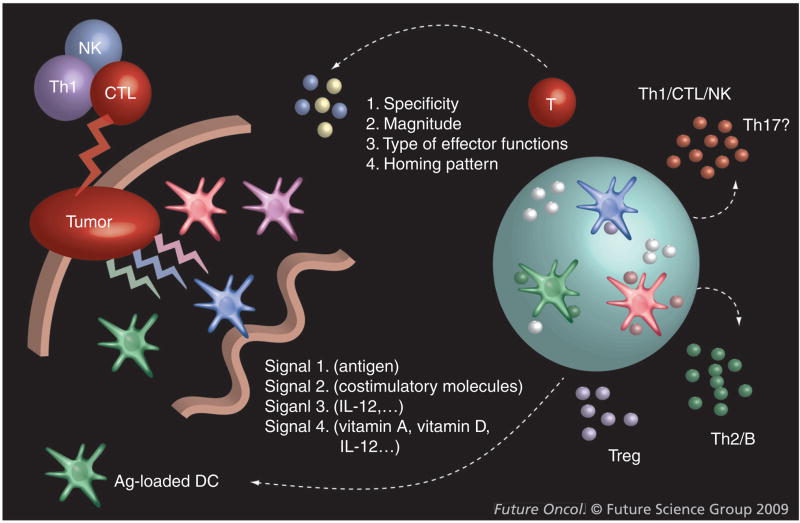Figure 1. Current model of anticancer immunity: roles of dendritic cells.
DCs provide T cells with antigenic ‘signal 1’ and costimulatory ‘signal 2’ [64–66], needed for the activation and expansion of pathogen-specific T cells. DCs also provide an additional polarizing ‘signal 3’, driving the development of immune responses towards type-1 or type-2 immunity [53], associated with differential involvement of particular effector mechanisms and different abilities to induce cancer rejection [53, 64–73]. Furthermore, recent studies indicate that DCs may also provide T cells with an additional signal (tentatively-termed ‘signal 4’) regulating organ-specific trafficking of immune cells [74–80]. The key role of DCs in regulating the expansion, acquisition of effector functions and or tumor-relevant homing properties suggest the possibility of exploiting these properties in the development of effective cancer immunotherapeutics.
Ag: Antigen; CTL: Cytotoxic T lymphocyte; DC: Dendritic cell; NK: Natural killer.

